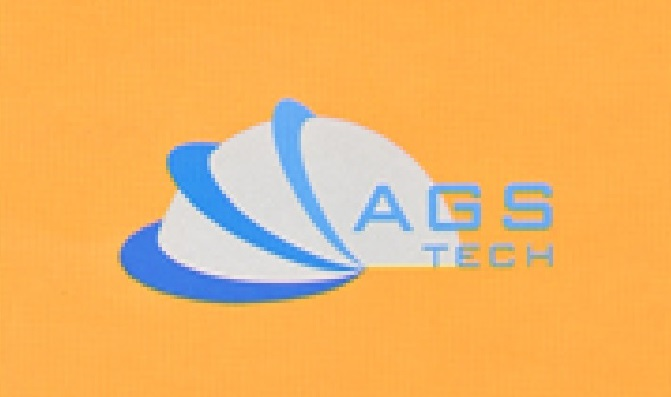EDM, or Electrical Discharge Machining, is a manufacturing process that uses electrical sparks to cut, drill, or shape metal parts. This innovative technique has become increasingly popular in various industries due to its precision and efficiency. However, like any manufacturing process, EDM has its own set of advantages and disadvantages that must be considered before deciding to implement it in a production line.
Advantages of EDM Manufacturing:
1. Precision: One of the biggest advantages of EDM is its ability to produce highly precise and complex parts with tight tolerances. The electrical sparks used in this process can cut through even the hardest materials with great accuracy, making it ideal for creating intricate shapes and features.
2. Versatility: EDM can be used to machine a wide range of materials, including metals, alloys, and exotic materials that are difficult to work with using traditional machining techniques. This makes it a versatile option for a variety of industries, from aerospace to medical devices.
3. Minimal tool wear: Unlike traditional machining methods that rely on physical contact between the tool and the workpiece, EDM uses electrical discharges to erode the material. This means that there is minimal tool wear, resulting in longer tool life and reduced maintenance costs.
4. Burr-free machining: EDM produces parts with clean and precise edges, without the need for secondary processes to remove burrs or sharp edges. This results in a high-quality finish that is free from defects, saving time and resources in the production process.
Disadvantages of EDM Manufacturing:
1. Slow process: Though EDM is highly accurate and precise, it is typically slower than traditional machining methods such as milling or turning. This can limit the production rate and increase lead times, making it less suitable for high-volume production runs.
2. Cost: EDM machines are expensive to purchase and maintain, making them less accessible to small businesses or startups with limited budgets. Additionally, the cost of consumables such as electrodes and dielectric fluid can also add up over time.
3. Size limitations: EDM machines are typically limited in size and are not suitable for machining large parts or components. This can be a drawback for industries that require the production of oversized or heavy-duty parts.
4. Environmental concerns: The dielectric fluid used in the EDM process can be harmful to the environment if not properly disposed of. Additionally, the process produces airborne contaminants and fumes that can pose health risks to workers if not adequately ventilated.
In conclusion, while EDM manufacturing offers several advantages in terms of precision, versatility, and quality, it also comes with its own set of limitations such as slow processing speeds, high costs, and environmental concerns. It is essential for businesses to weigh these factors carefully before incorporating EDM into their production processes.
——————-
Check out more on EDM contact us anytime:
AGS-TECH, Inc.
https://www.agstech.net/
505-550-6501
6565 Americas Parkway NE, Albuquerque, NM 87110 USA
AGS-TECH, Inc. is a Global Custom Manufacturer, Integrator, Consolidator, Outsourcing Partner for a Wide Variety of Products & Services.
We are your one-stop source for manufacturing, fabrication, engineering, consolidation, integration, outsourcing of custom manufactured and off-shelf products & services. We also private label / white label your products with your brand name if you wish.

